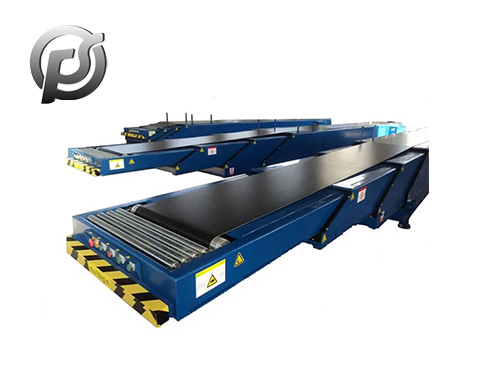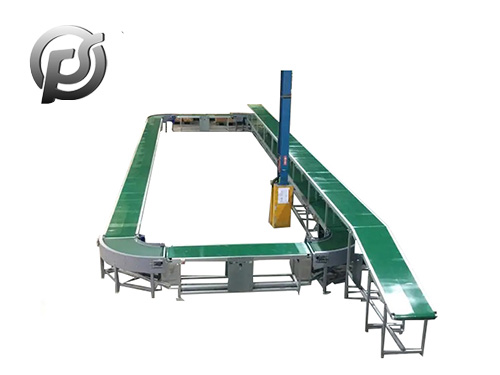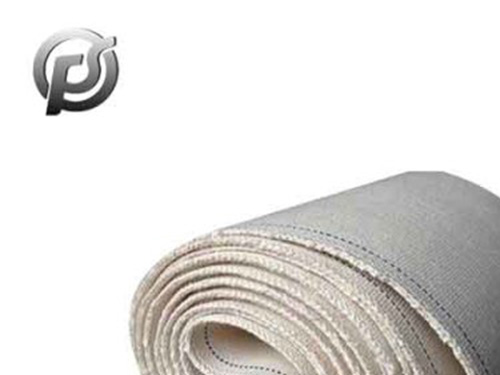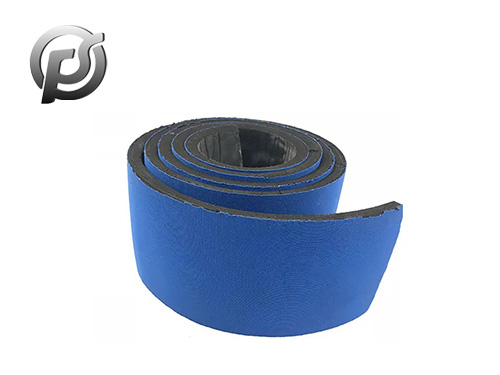PE conveyor belts, also known as polyethylene conveyor belts, have become a staple in various industries due to their versatility, durability, and cost-effectiveness. These belts are made from high-density polyethylene (HDPE) or low-density polyethylene (LDPE), offering a range of advantages for conveying applications across different sectors.
One of the key benefits of
PE conveyor belts is their resistance to chemicals, moisture, and abrasion. This makes them ideal for industries like food processing, pharmaceuticals, and manufacturing, where cleanliness and hygiene are paramount. PE belts can withstand exposure to oils, acids, and cleaning agents without deteriorating, ensuring a longer service life and reduced maintenance costs.
Another advantage of PE conveyor belts is their lightweight nature, which contributes to energy efficiency and ease of installation. Unlike heavier materials like metal or rubber, PE belts require less power to operate, resulting in lower energy consumption and operational costs. Their lightweight also makes them easier to handle during installation and maintenance procedures.
PE conveyor belts are also known for their flexibility and adaptability to various conveyor systems. They can be customized to different widths, lengths, and thicknesses to suit specific application requirements. Whether it's transporting delicate products in a packaging facility or heavy-duty materials in a mining operation, PE belts can be tailored to deliver optimal performance.
Furthermore, PE conveyor belts offer excellent tensile strength and dimensional stability, ensuring smooth and reliable conveying even under high loads or fluctuating temperatures. This reliability translates to improved productivity and reduced downtime for businesses relying on conveyor systems for material handling.
In terms of sustainability, PE conveyor belts are recyclable and environmentally friendly compared to materials like PVC or rubber. Recycling PE belts reduces waste and supports circular economy practices, making them a preferred choice for companies striving for sustainability goals.
In conclusion, PE conveyor belts combine durability, versatility, and eco-friendliness, making them a valuable asset across various industries. Their resistance to chemicals, lightweight construction, customization options, and sustainability benefits contribute to their widespread adoption and continued relevance in modern conveyor systems.
 Custom Conveyor Belts: Enhancing Efficiency and Productivity
Custom Conveyor Belts: Enhancing Efficiency and Productivity
 Stone Belt Conveyor: Efficient Material Handling Solution for Mining and Construction
Stone Belt Conveyor: Efficient Material Handling Solution for Mining and Construction
 Exploring the Dynamics of Conveyor Belt Manufacturing in China
Exploring the Dynamics of Conveyor Belt Manufacturing in China
 PE Conveyor Belts: Characteristics, Applications, and Advantages
PE Conveyor Belts: Characteristics, Applications, and Advantages